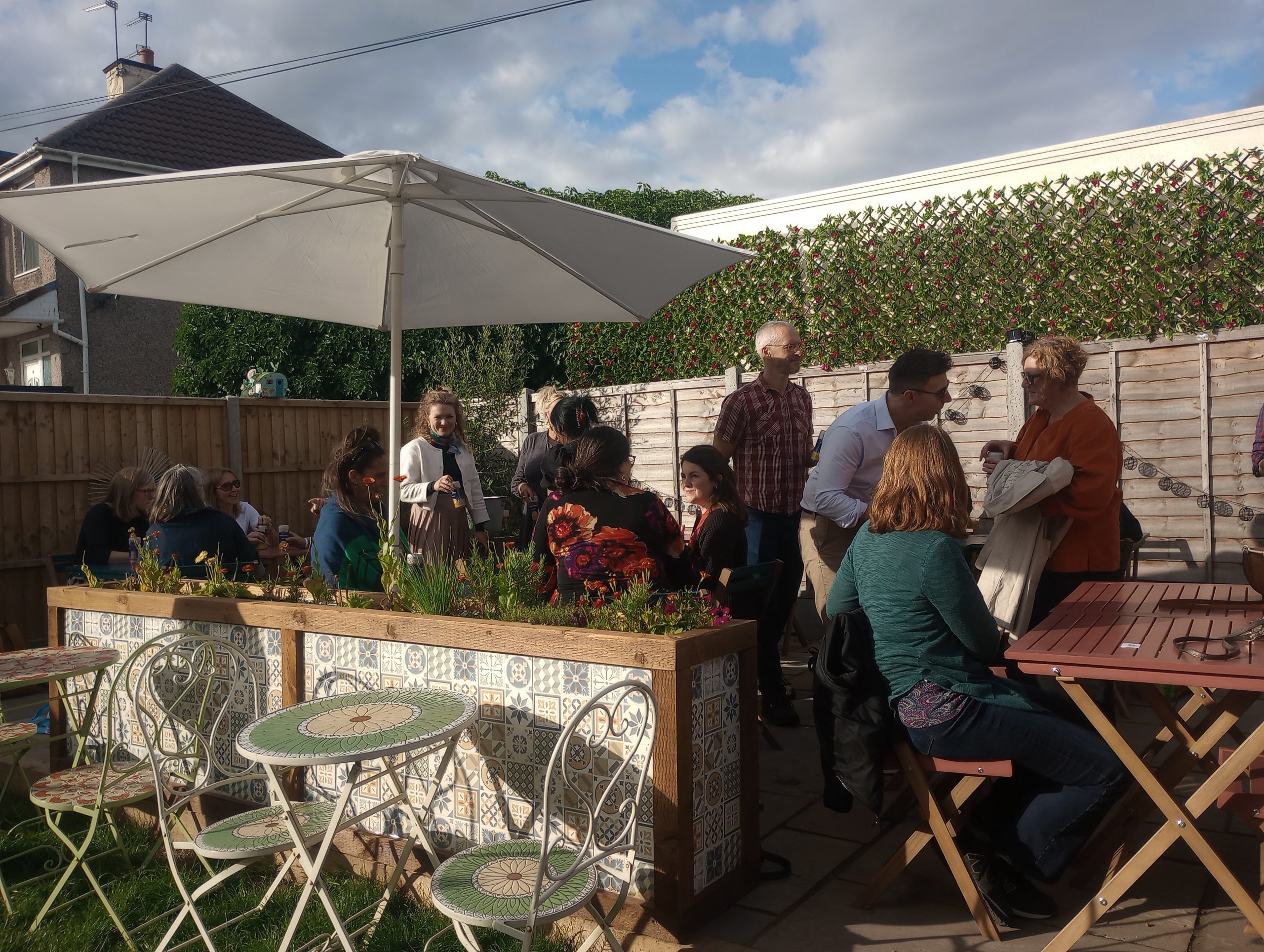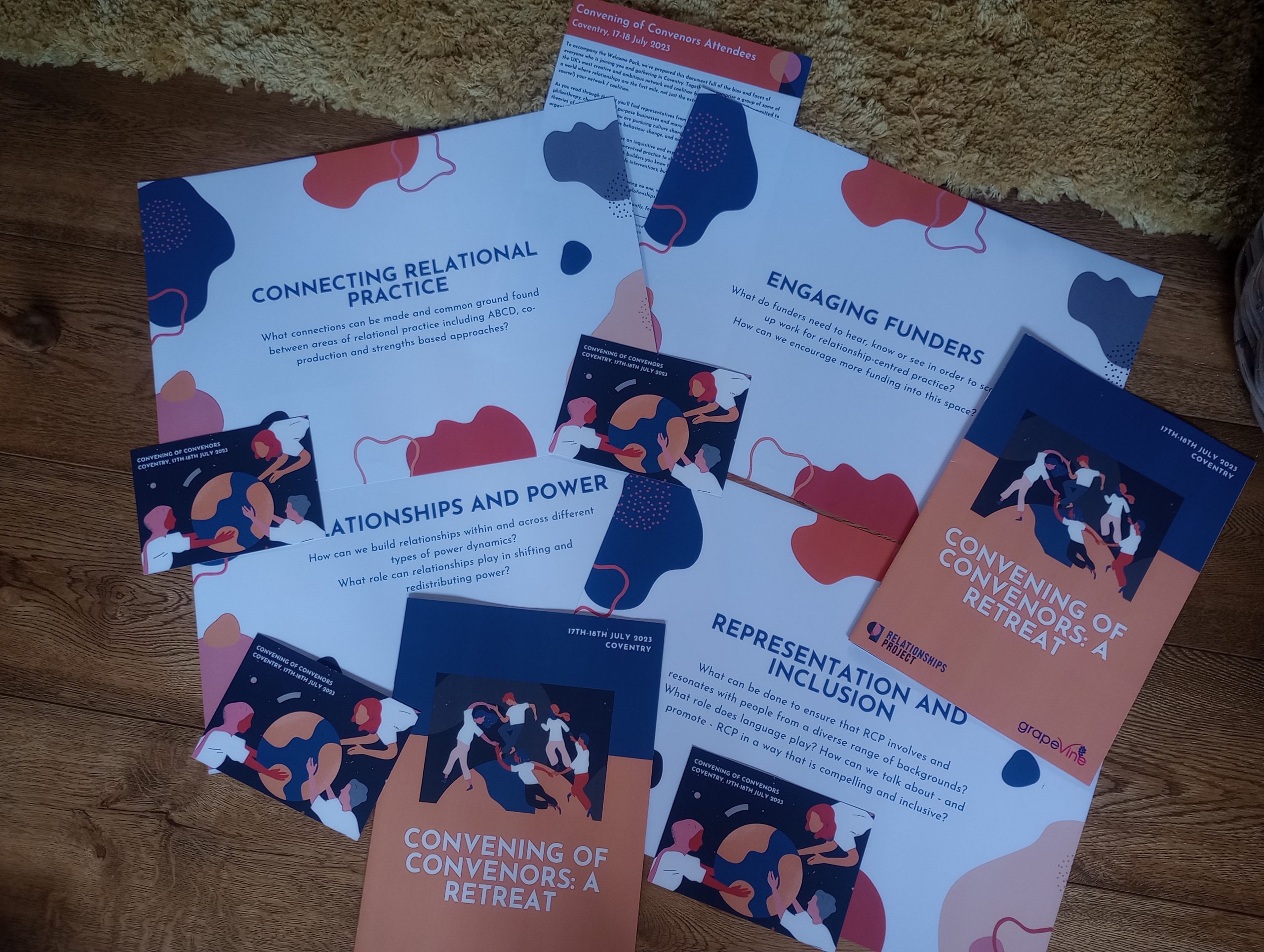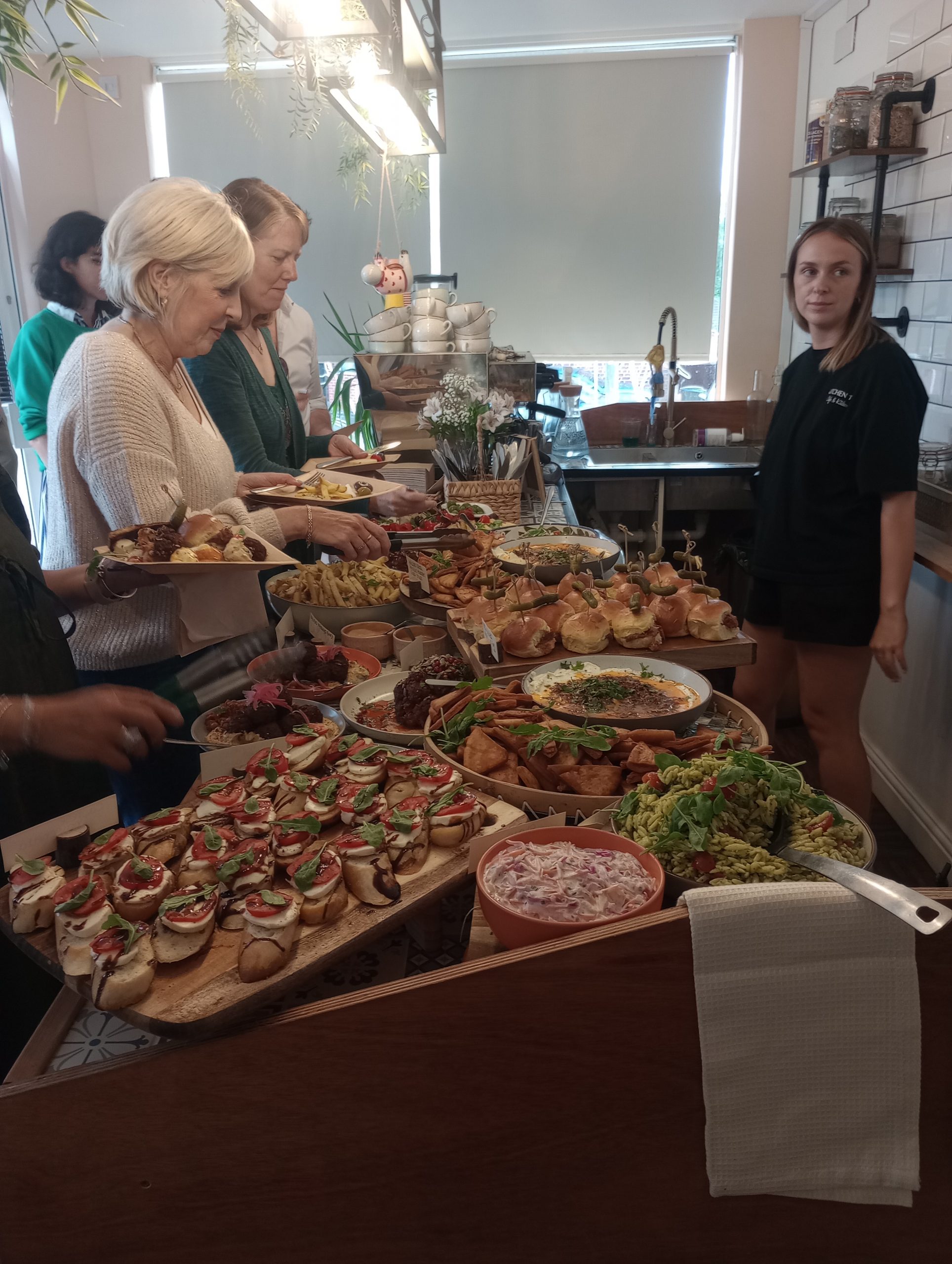In brief
In July 2023, the facilitators and conveners of 35 networks and coalitions gathered in Coventry to explore what we can achieve together, in pursuit of a more relationship-centred world, that we can’t achieve alone. Here, we share some of the many themes that emerged.
We will continue to explore all these questions and more in an online event in October. We’d love to have you there to continue the conversation about how networks can build better relationships now for a relationship-centred future. As it’s an online event, space is unlimited. Please spread the word and invite others from your network, or your network of networks.
The room was full to bursting with many different concerns and issues – grassroots community networks like Camerados and the Local Area Coordination Network, national coalitions like Belong and Better Way, networks of lived experience leaders like Sound Delivery and networks who bridge academia and the wider world like Exeter’s Green Futures Network or the Sussex Centre for Research on Kindness. In our midst there were many different theories of change – some of us pursuing culture change, others policy shifts, others community organising or power shifts, others behaviour change, and many more.
Amongst this variety, 2 things bound us together:
1. First the belief that big transformational change won’t come from a single organisation or intervention, but through strong, connected networks which intersect within and beyond themselves.
2.Second, a curiosity about and belief in the potential of a world in which relationships are the first mile, not just the extra one, in society, communities and (of course!) our networks and coalitions.
We explored these shared interests through a fairly unstructured agenda with lots of open space, breakout groups and free discussion. The whole thing was a huge team effort and we’re grateful to everyone for bringing their skills and experiences to the facilitation. Our time together was often messy and always interesting and inspiring (to us at least!), and captured below are some of the many themes that emerged from our time together.
On ‘the net’ and ‘the work’
Networks have both ‘a net’ – a set of relationships and the mechanics through which we connect, communicate and collaborate – and ‘the work’ – a set of aims and objectives
In the words of one participant “we can get too hung up on ‘the work’ and in doing so we don’t pay enough attention to ‘the net’”. Relationships are the work when it comes to network building. After all, “the process you use to get the future determines the future you get”.
On the enduring soul of a network
Weaving across the net and the work is the soul of the network: the vision, the mission, the heart that binds members together and shapes the work that we do. The soul of a network isn’t only for the here and now. It comes from our history as a network, it shifts and changes over time, and it will endure in the people and relationships involved with a network, whether or not the network itself remains. As network builders and conveners, we need to be alive to this.
Tradition is the passing on of the fire, not the worship of the ashes
On the shifting context of networks
We started our time together by attempting to find some shared language about the tough, beautiful, often confusing work of each others’ networks. We found common ground in the fact that there are always different narratives and accounts within and beyond a network about what a network is for, who it’s serving and what its purpose is. And we found solidarity in the challenge of trying to truly understand our networks.
We all identified ways in which our networks are constantly changing and morphing. At one moment it can seem clear that the network is finding meaning in the relationships and solidarity between members, and at another moment it is clear there are members who are hankering for more collective and concerted action. On the one hand a funder can be funding either one of these purposes, whilst its members are there for a different or adjacent purpose.
On strategic enablers
But if the context is shifting continuously, the “strategic enablers” are constant and consistent across different issues. This means that we can learn from experience and, especially, learn from one another. These strategic enablers facilitators have at their disposal include the quality of leadership, the provision of training, the provision of peer support support spaces and the use of co production techniques.
On ceding control
We only realise the real value of networks when we understand that we don’t need to know everyone or to control everything. Being clear about the essentials – the shared values and principles that hold us together – and then trusting one another is what makes a thriving network, rather than a soulless institution.
On holding the end in mind
Networks don’t have to last forever, in fact in many cases they probably shouldn’t. They are agents of change, and agents of change are always on the move, adapting to a changing world. We need to have purpose and direction whilst leaving space for emergence and holding no preset ambitions for immortality. Just as this is true for organisations, so too is it true for individual relationships. Sudden, unplanned endings are usually unhelpful but well managed change is healthy and natural.
On representation
Many attendees were used to being accompanied to events like this by at least 1 member of their network. This is as much about distributing leadership within a network, as much as ensuring authenticity and integrity in the representation of a network. And yet it was acknowledged that facilitators can benefit from occasional moments to reflect and build on their own practice and that surely only helps them in their leadership more broadly.
On our shared challenges and opportunities in pursuit of a relationship-centred future
For those of you who have been part of The Relationships Projects work over the past 4 years these will probably come as no surprise.
- How can we find ways to measure the impact of relationship-centred work within and beyond our networks in ways that are meaningful to us and our network, as much as to the people who might fund or enable our work?
- How can we marry the work of the networks and efforts of those who are doing the important work of leveraging immediate policy or political change at scale, with those who are engaged in the crucial work at the grassroots and in the more emergent spaces?
- What are the ways in which we can build networks that are open and inclusive? Network participation often requires people to find spare time in a week or a month to engage, and this inevitably leads to weakened diversity or representation at particular events or in the network overall. This dynamic can also create a self-perpetuating bias – a network’s members multiply to mirror the people and perspectives involved from the beginning. How can we design and organise our networks differently, better and more inclusively?
- How can we marry the need for short term tactics to influence relational practice and narratives now in ways aligned to immediate political opportunities as an example, with the need to build longer term, more emergent and more sustained approaches to building the narratives and practice needed in the long run?
Continuing the conversation
We will continue to explore all these questions and more in an online event in October. We’d love to have you there to continue the conversation about how networks can build better relationships now for a relationship-centred future. As it’s an online event, space is unlimited. Please spread the word and invite others from your network, or your network of networks.
The sorts of questions we’ll be asking include:
- Does a network need to be relational to be effective? Most networks have elements of transaction and elements of relationality. Different people access different elements of the network.
- How do networks become self-sustaining? How can the convenor exit?
- What makes some networks need a centre, an infrastructure, and others not?
- How do we maintain good relationships with our members as the network grows? How do we support members to get to know one another?

Finding and keeping a home
In brief In this contribution to Joining the Dots, Maeve McGoldrick discusses the importance of relationships in meeting the needs of the 170,000 people currently experiencing homelessness in the UK today. Maeve works for Crisis, the national charity for...
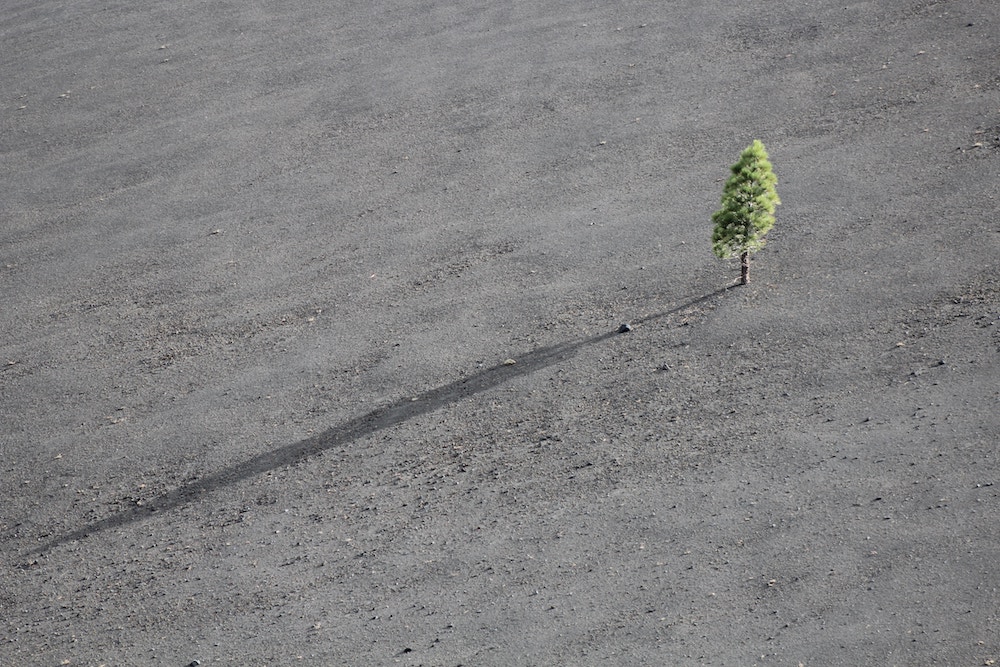
My journey with the Campaign to End Loneliness
In brief In this Joining the Dots blog, Laura Alcock-Ferguson, the founding Director of the Campaign to End Loneliness, reflects candidly on the highs and lows of her nine years at the helm. Laura is an activist and has worked for and led social change on...

Everyday Love
In brief In this blog, Linda Woolston offers a humane and insightful reflection on the role of love in relationships, including her relationships as a Business Coach. Linda is an independent Business Coach, former HR Director, and Founding Partner of successful...

Time for ‘relationship-centred government’? How about it Mr Johnson?
In brief In this blog, David Robinson, who leads the Relationships Project, challenges the UK’s new Prime Minister to take a relationship-centred approach to government, and makes some suggestions for how to go about it. This blog also appears on A Better...

Digital technology isn’t the enemy of warmth within services
In brief In this Joining the Dots blog, Shift’s CEO (and dad to a 3 year old) Nick Stanhope explores ways in which digital technologies can help – rather than hinder – us putting relationships at the heart of what we do, bringing warmth to unnecessarily...
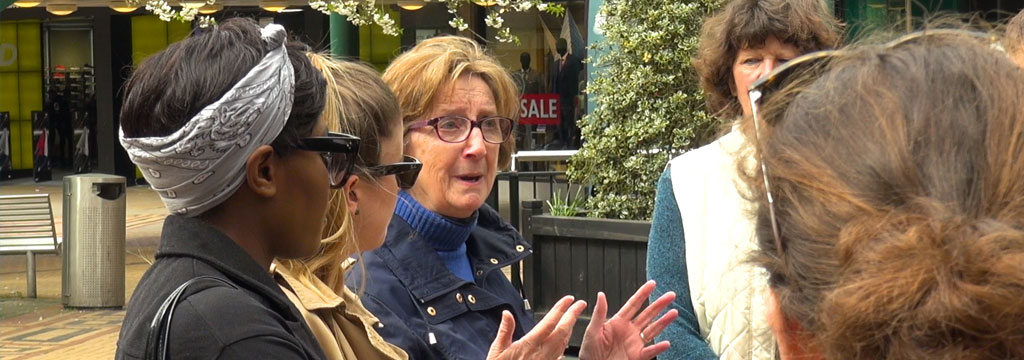
The gift through the fence
In brief In this Joining the Dots contribution, Clare Wightman discusses the importance of relationships in removing stigma and reducing exclusion. Clare is CEO of Grapevine Coventry and Warwickshire which works with individuals and communities...
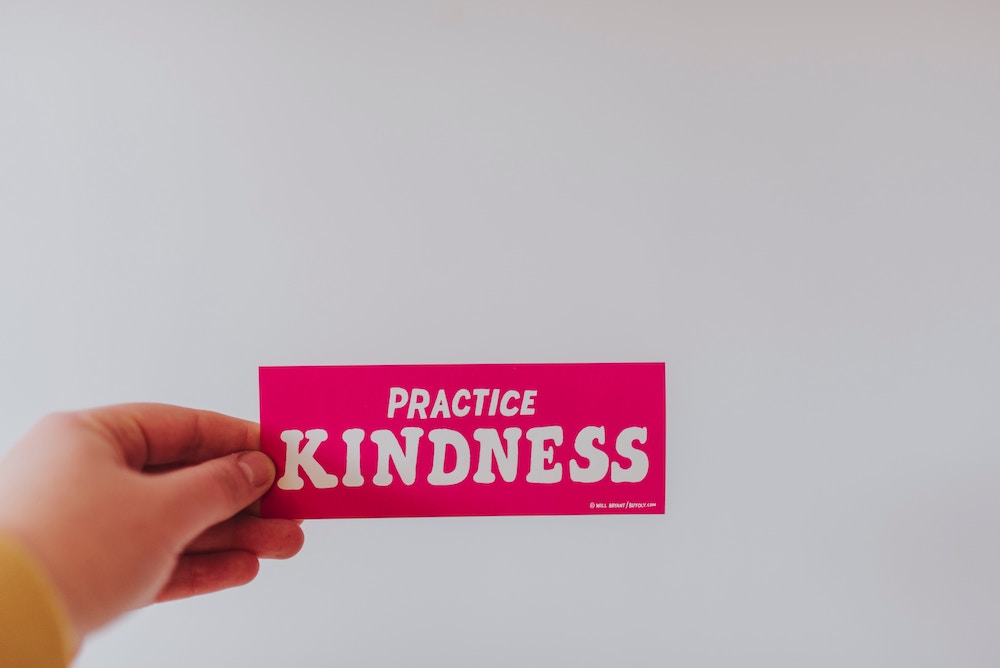
Practicing Kindness
In brief In this Joining the Dots blog contribution, Ben Thurman reflects on the tensions between kindness and risk, relationships and professionalism, emotions and performance management, and the need to reshape organisational culture to foster a culture of kindness....
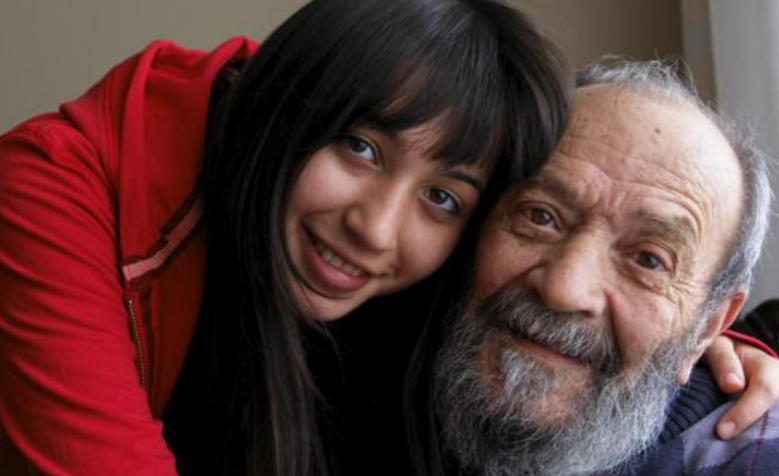
Building Intergenerational Connections
In brief In this Joining the Dots blog contribution, Sam Dalton looks at the gap in intergenerational relationships in today’s society, and what can be done to bridge it.Sam works on policy and public affairs for social integration charity The Challenge, and led...
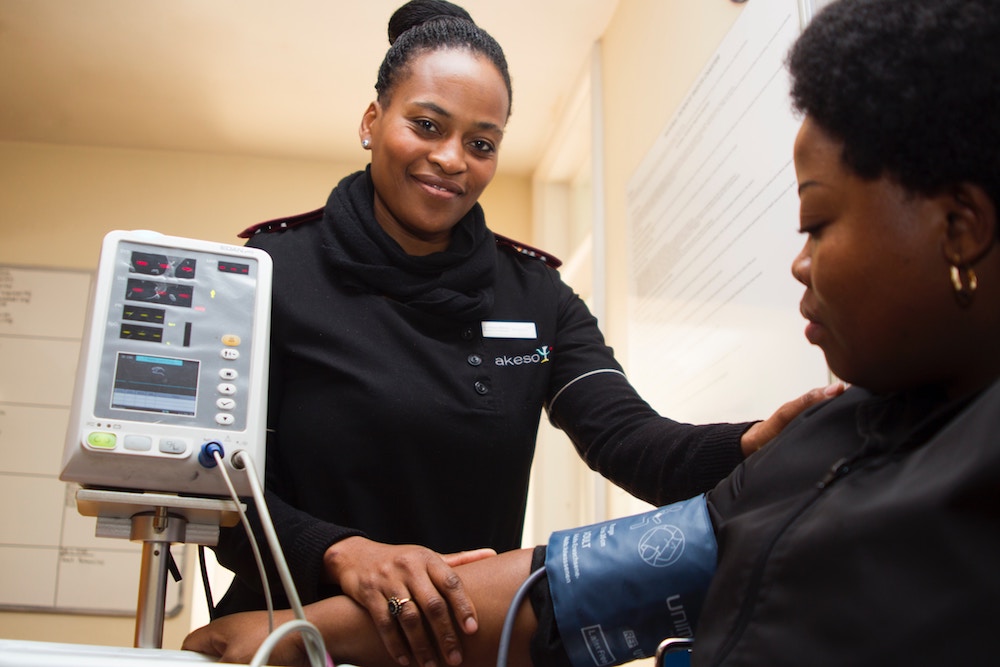
Embracing the Mess to do What’s Best for People
In brief In this contribution to Joining the Dots, Toby Lowe and Dawn Plimmer discuss funding, commissioning and managing services in a world where relationships rather than KPIs or simplistic numerical targets are what matters most. Toby is is a Senior Lecturer in...
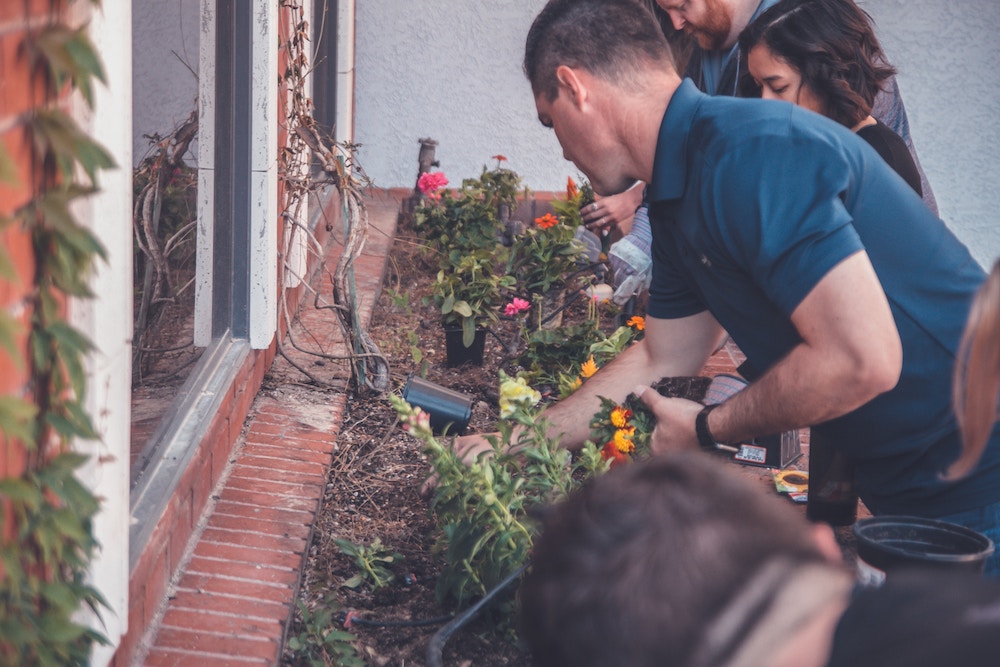
In praise of small everyday relationships
In brief In this Joining the Dots contribution, Steve Wyler discusses the concept of conviviality and the importance of shared spaces where small everyday relationships can flourish. Steve is an independent consultant, researcher, and writer in the social sector....

